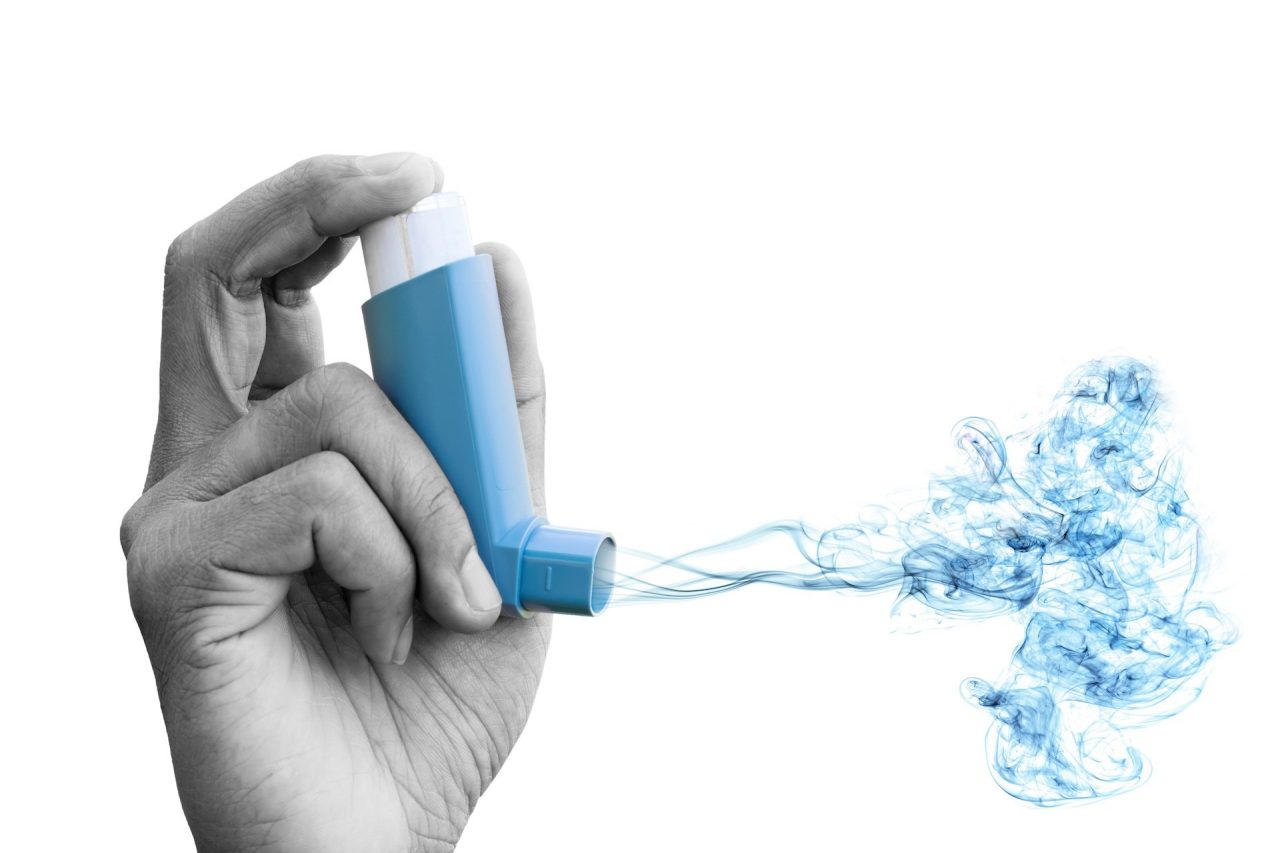Where Can I Safely Dispose Of Used Asthma Inhalers Near Me? Step By Step Guide From Secure Waste: Expert Solutions
Inhalers are essential in managing respiratory conditions such as asthma and chronic obstructive pulmonary disease (COPD), as they deliver medication directly to the lungs for quick relief. However, proper disposal becomes a pressing concern when these devices expire or are no longer required. Many people mistakenly believe that throwing expired inhalers in the trash is acceptable. If you’re reading this, you’re looking for guidance on properly disposing of your expired inhalers. We cannot stress enough: please do not discard them inappropriately. Contact Secure Waste for hazardous waste disposal!
Safely disposing of expired or unused medications, including inhalers and epinephrine auto-injectors, is critical. Improper disposal poses risks not just to individuals but also to the environment. Medications can be harmful, particularly to those for whom they were not prescribed, such as children. Furthermore, there is the risk that these substances could fall into the hands of someone who might misuse them. Moreover, careless disposal may lead to these medications contaminating the water supply, which can harm human health and local wildlife.
Fortunately, there are several eco-friendly methods to dispose of your medications safely. One practical option is to participate in drug take-back programs. The U.S. Drug Enforcement Administration (DEA) organizes National Prescription Drug Take Back Day twice yearly, typically in April and October. During this event, specific law enforcement agencies nationwide set up designated drop-off locations where you can safely return expired or unused prescription pills and patches. These programs ensure that the medications are disposed of safely and do not harm the community or the environment.
Utilizing these programs can contribute to a safer, healthier environment while ensuring that your unwanted medications are correctly handled. Remember, responsible disposal is key to protecting both people and the planet.
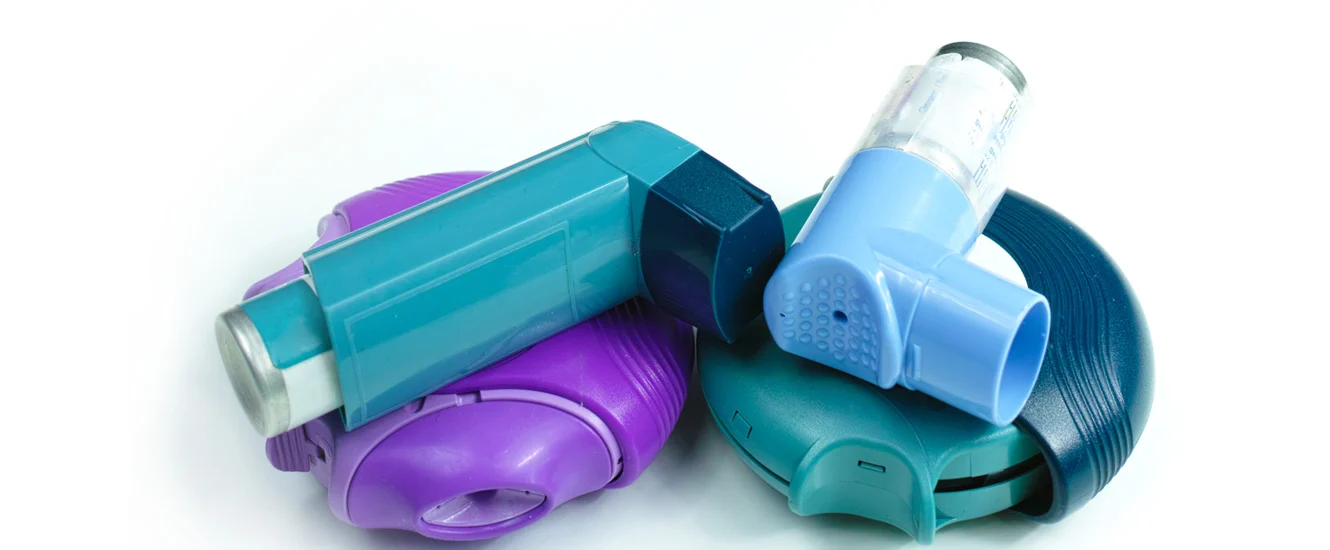
The Importance of Proper Inhaler Disposal
Many individuals may not fully appreciate that inhalers, which appear straightforward at first glance, are complex, pressurized devices filled with potent medications. These devices can pose significant hazards when not disposed of properly, potentially leading to dangerous outcomes. Improper disposal can result in environmental contamination, fires, or even explosions, highlighting the importance of handling and disposing of inhalers with care and awareness of their potential risks.
Disposing of Inhalers Explained By Secure Waste
When disposing of inhalers, the Food and Drug Administration (FDA) strongly advises that individuals carefully examine the handling instructions provided on the inhalers and aerosol products. Improper disposal methods—such as puncturing these pressurized containers or discarding them in a fire or incinerator—can lead to hazardous consequences. To ensure safe disposal while adhering to local regulations, it is best to contact your local trash and recycling facility for specific guidance.
Environmental concerns are another critical aspect to consider. Residual inhaler medication can leach into the groundwater and soil, posing a significant threat to local ecosystems and wildlife.
Additionally, health and safety hazards cannot be overlooked. Pressurized canisters have the potential to explode under high temperatures or when crushed within trash compactors, creating dangerous situations for both individuals and waste management staff.
The situation is even more complex for healthcare facilities, which must navigate a web of stringent regulations regarding the disposal of these medical devices. Failure to comply with these guidelines can result in fines or penalties.
These considerations highlight the necessity of understanding how to responsibly dispose of expired or unused inhalers responsibly, ensuring public safety and environmental protection.
Categorizing Expired Inhalers as Waste
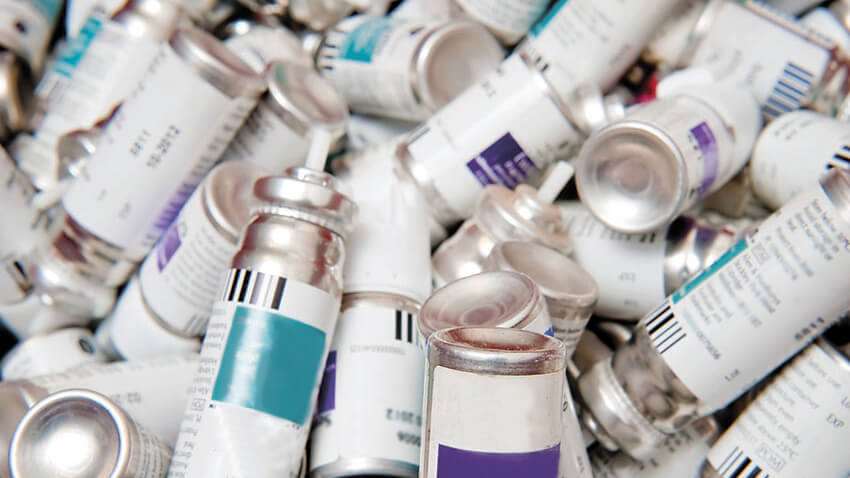
The initial step in ensuring the safe disposal of inhalers involves carefully identifying whether they fall under the category of pharmaceutical waste or hazardous waste. This classification hinges on the specific type of medication contained within the inhaler and the nature of the propellant used. Understanding these distinctions is crucial for effective and responsible disposal, as it helps prevent environmental contamination and promotes public safety.
Inhalers are classified as pharmaceutical waste.
Not every inhaler is hazardous; many are classified as pharmaceutical waste. This distinction arises from the composition of the medication and propellant, which often do not meet the strict criteria for hazardous designation.
Typical Medications: For instance, albuterol inhalers typically include formulations that are considered non-hazardous. As a result, they fall under the pharmaceutical waste category rather than hazardous waste.
Dry Powder Inhalers (DPIs): In contrast, dry powder inhalers contain medication in a non-pressurized, dry form. Because they lack propellants, they are generally regarded as pharmaceutical waste. However, local regulations and guidelines can vary greatly.
State-Specific Rules: Additionally, various states have established specific regulations regarding the disposal of non-hazardous pharmaceutical waste. These tailored guidelines can influence how inhalers should be labeled, managed, and disposed of, ensuring compliance with local environmental standards.
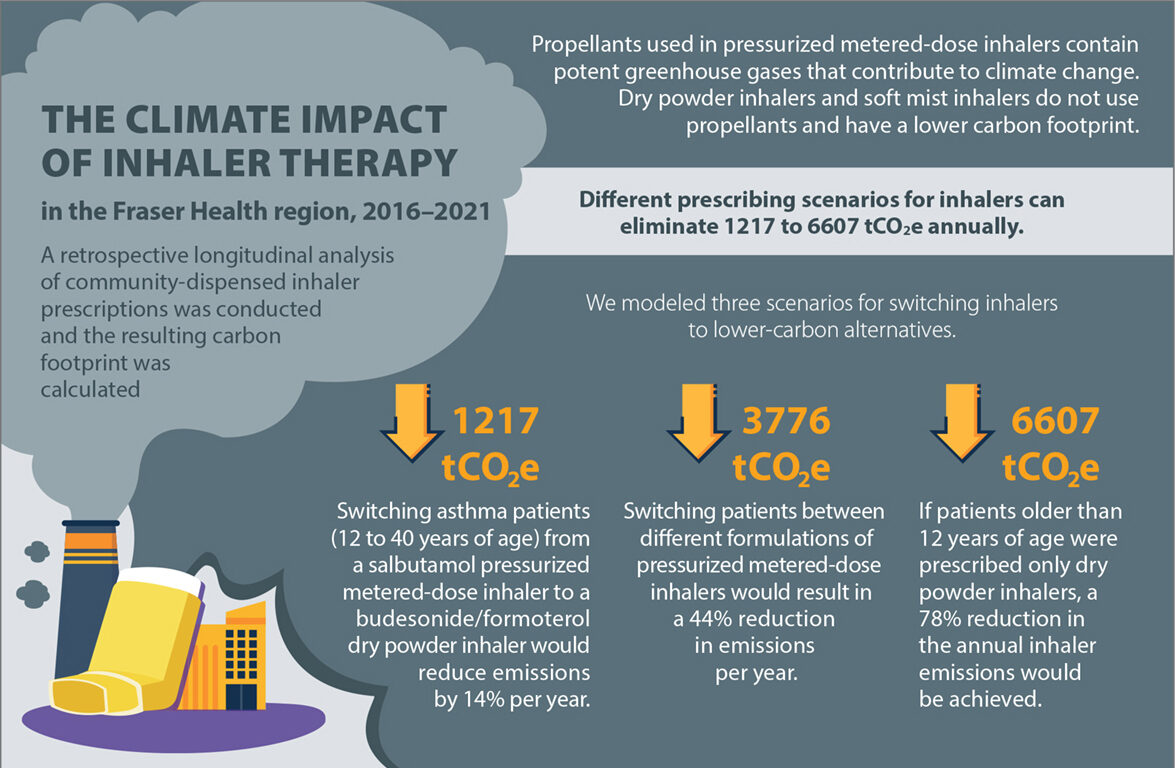
Inhalers Are Regarded As Dangerous Waste – Secure Waste Shares Why
Some inhalers contain components that may qualify as hazardous waste under federal and state regulations, particularly when the propellant or medication is dangerous.
Hazardous Ingredients: Inhalers that incorporate flammable or toxic substances, such as chlorofluorocarbons (CFCs), hydrofluorocarbons (HFCs), or specific high-risk medications like epinephrine, can be classified as hazardous waste. The presence of these ingredients elevates the need for careful handling and disposal.
Flammable Propellants: CFCs and HFCs, commonly used as propellants in inhalers, are combustible and pose significant threats to the ozone layer. To mitigate environmental harm, inhalers utilizing these substances are subject to stringent disposal regulations.
Toxic Medications: Certain medications, including isoproterenol and epinephrine, are recognized for their potential toxicity. Under the Resource Conservation and Recovery Act (RCRA), these medications may classify inhalers as hazardous, necessitating specialized waste management practices to protect public health and the environment.
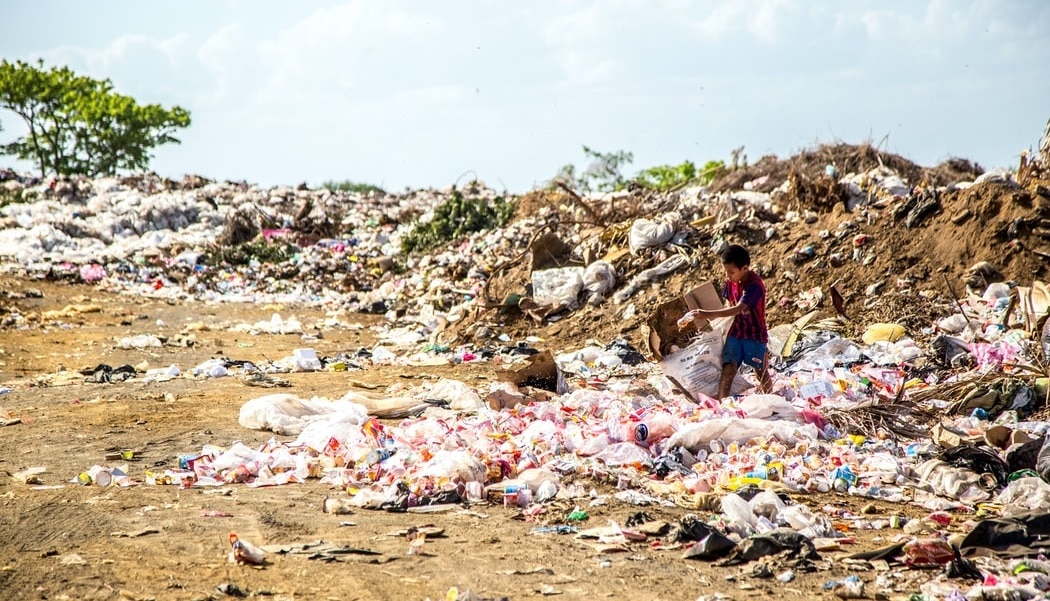
Why Expired Inhalers Shouldn’t Be Disposed of in the Trash
When an inhaler reaches its expiration date, it might be tempting for many to think it’s acceptable to toss it in with regular household trash. However, this seemingly straightforward approach poses several significant risks that warrant careful consideration. Discarding expired inhalers improperly can lead to environmental hazards, as the chemicals contained within them may seep into soil and waterways, contaminating ecosystems. Furthermore, there are safety concerns regarding accidental exposure to these substances by unsuspecting individuals or pets rummaging through waste. The best action involves seeking out designated disposal methods, such as medication take-back programs, and ensuring these potentially harmful items are handled safely and responsibly.
Residual Medication Risks
Even when inhalers display an “expired” date, they often retain a significant amount of leftover medication. Research indicates that specific models can harbor up to 29% of their medication, potentially putting both public health and the environment at risk.
Pharmaceutical Contamination: Rainwater and other forms of moisture can wash through landfills, extracting residual medication from discarded inhalers. This process allows harmful chemicals to seep into local water systems, raising serious environmental concerns.
Impact on Wildlife: Pharmaceutical traces in our waterways pose a grave threat to aquatic ecosystems. Fish and other marine organisms can suffer from hormonal imbalances and health issues, potentially disrupting entire food chains.
Human Health Concerns: Continuous exposure to even minuscule quantities of medication in drinking water raises alarming questions about antibiotic resistance and other long-term health ramifications for humans. This hidden threat could significantly alter public health landscapes.
Pressurized Containers
Inhalers utilize pressurized canisters to deliver medication efficiently. However, improper disposal of these canisters creates serious safety hazards.
Risk of Explosion: The high pressure contained within inhalers can lead to catastrophic bursts when the canisters are compressed in trash or exposed to extreme heat, resulting in unpredictable explosions.
Harm to Sanitation Workers: Exploding canisters pose environmental risks and endanger waste management employees. The release of harmful gases or shrapnel from these incidents can lead to serious injuries.
Unpredictable Outcomes: When an inhaler ruptures, the rapid release of propellants can scatter materials and hazardous chemicals over a wide area. Such unpredictable outcomes can have far-reaching consequences.
Environmental Damage
The careless disposal of inhalers has significant ecological implications, contributing to both greenhouse gas emissions and plastic pollution in our environment.
Greenhouse Gas Emissions: Although hydrofluoroalkanes (HFAs) are less detrimental to the ozone layer than older chlorofluorocarbons (CFCs), they remain potent greenhouse gases that exacerbate climate change.
Accumulation in Landfills: The components of inhalers, particularly their plastic parts, can take centuries to decompose. The collective impact of millions of abandoned inhalers compounds landfill overcrowding, leading to an environmental crisis.
The Right Way to Dispose of Expired Inhalers Near You
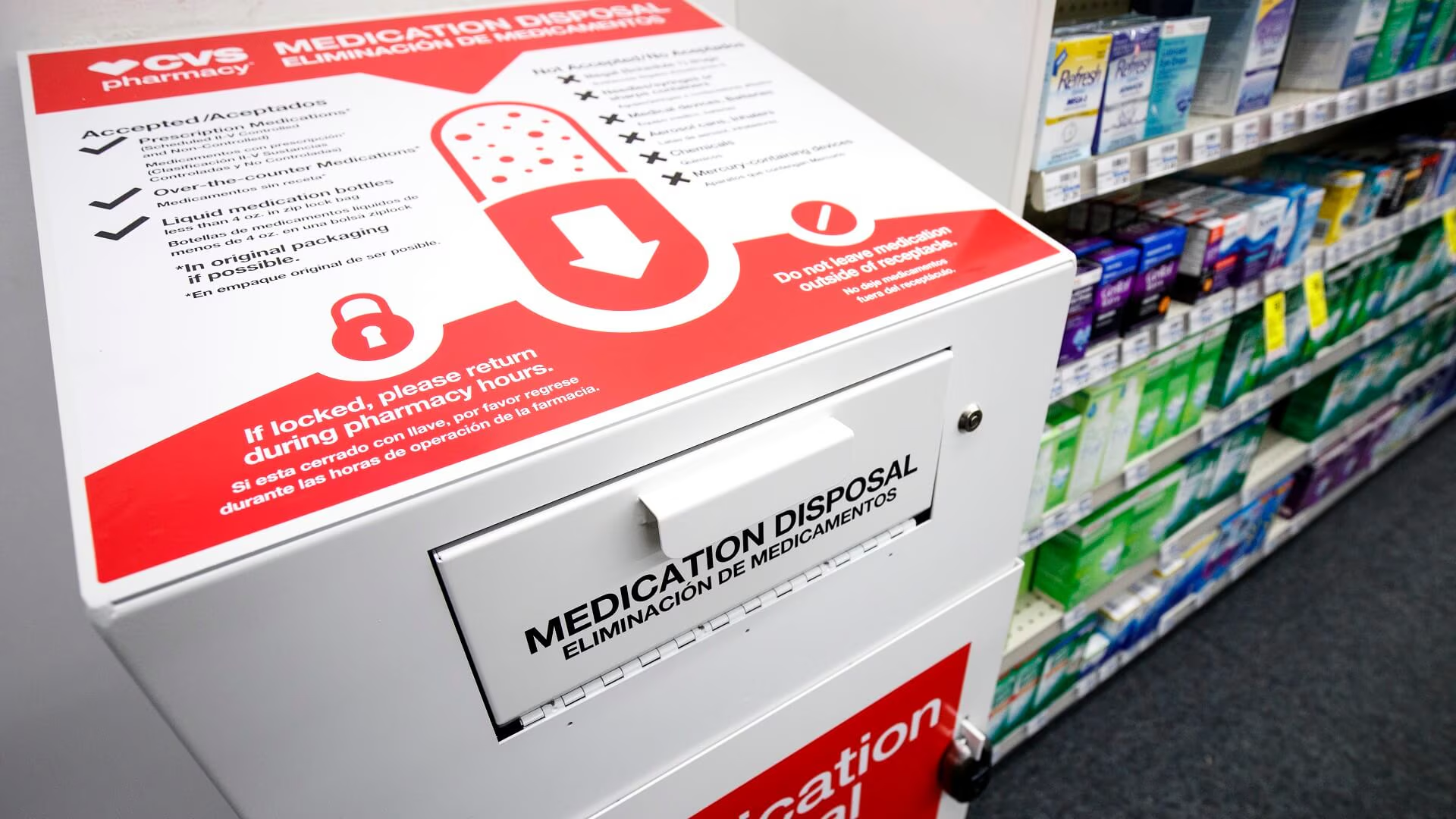
FREE Inhaler Take Back At Local CVS, Including Other Drugs
Surprisingly, inhalers cannot be disposed of in standard medical waste disposal boxes, pharmaceutical disposal bins, or sharps containers. Most inhalers are classified as hazardous waste, which necessitates careful handling. The most straightforward and safest approach to disposing of them is to return them to your local pharmacy or engage a provider like Secure Waste Solutions. This ensures that hazardous waste is managed safely and complies with regulations, protecting our health and the environment.
In Conclusion-
Now that you have a better understanding of how to navigate proper inhaler disposal near you don’t hesitate to contact Secure Waste.
We provide reliable, compliant, eco-friendly medical waste disposal solutions for your facility’s needs. We have expertise in biomedical, hazardous waste, and Sharps container disposal. In addition, we provide customized waste management plans, including secure collection and transport, and sustainable disposal practices.
Contact us today for a FREE Waste Assessment, or request a quote online!
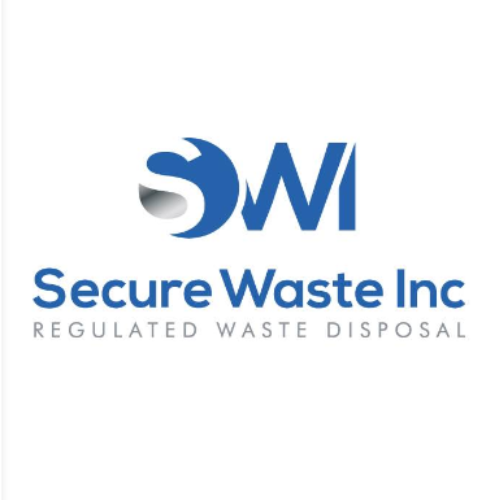
Expert Medical Waste Management: With over 25 years of industry experience, Secure Waste is a trusted local leader in hazardous and biohazardous waste disposal across Maryland, Virginia, and Washington, D.C. Specializing in medical waste management, sharps needle disposal, and biohazard waste removal, the company ensures full compliance with federal, state, and local regulations while prioritizing environmental sustainability.
The company also offers additional services, including secure document shredding and sharps container sales, providing comprehensive solutions for healthcare facilities and businesses. Our cost-effective services help clients maintain regulatory compliance without unexpected costs.
With a commitment to customer satisfaction, Secure Waste offers tailored waste management plans that align with industry best practices. Their team of experts provides reliable, timely, and compliant services, making them the preferred choice for medical waste disposal. For a free waste quote or more information, visit www.securewaste.net
